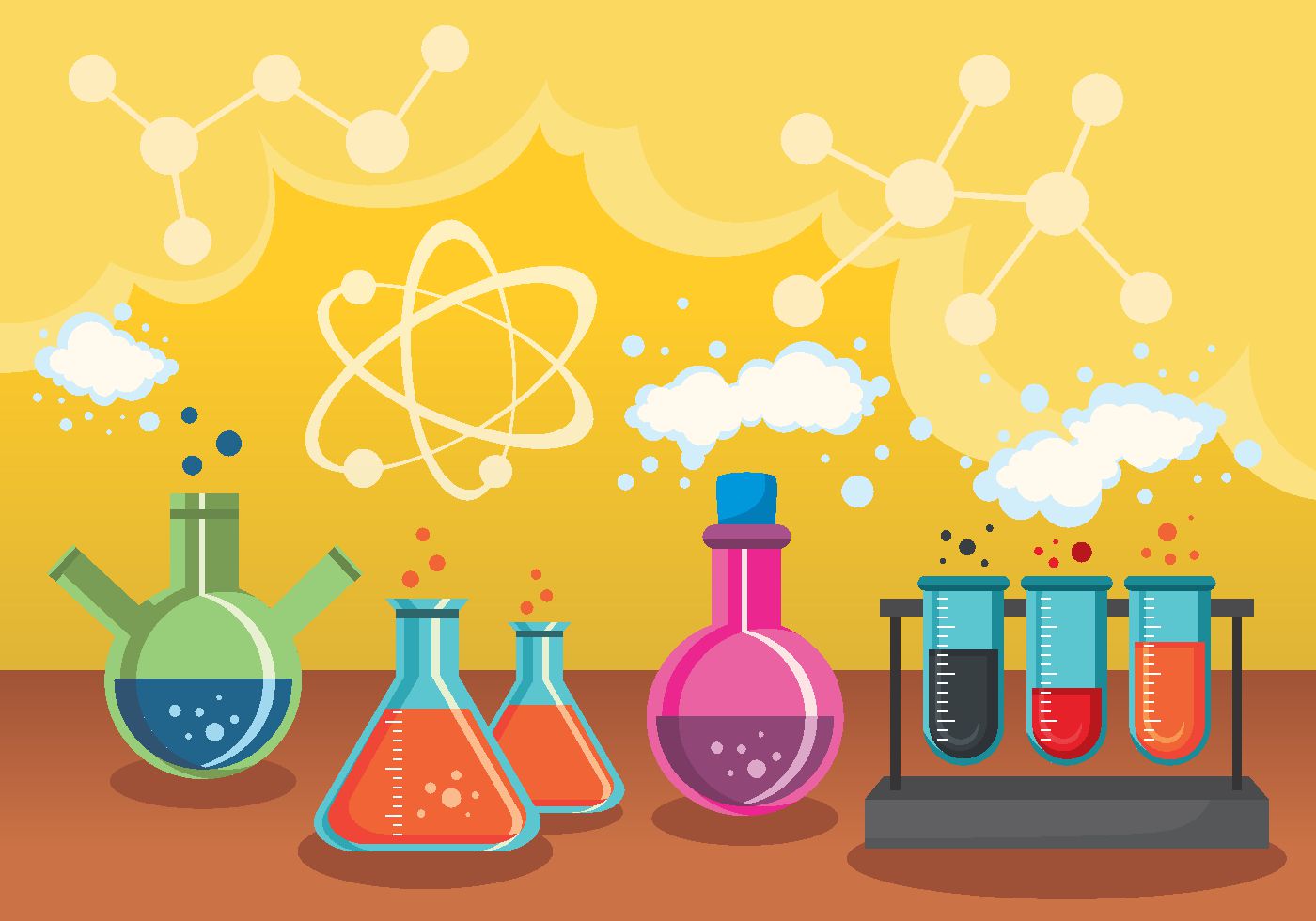Breaking News


Popular News


The world of gaming is an ever-evolving realm that captivates millions of individuals. However, there’s a darker side to this popular pastime that’s worth delving into – gaming addiction. In this blog post, we’ll uncover the science behind gaming addiction, exploring its impact on the brain, the role of dopamine, signs to look out for, and its effects on mental health. Additionally, we’ll provide valuable insights into managing gaming addiction and seeking professional help. Let’s embark on a journey to unravel the complexities of gaming addiction and its profound influence on individuals.
Contents
Gaming addiction is a complex phenomenon influenced by various psychological and neurological factors. Here’s a closer look at the science behind gaming addiction:
Neurological Impact: When engaging in gaming, the brain undergoes significant activity, particularly in areas related to reward, motivation, and pleasure. The release of dopamine, a neurotransmitter associated with pleasure and reward, plays a crucial role in reinforcing gaming behaviors.
Behavioral Patterns: Individuals with a predisposition to gaming addiction often exhibit compulsive gaming habits, using it as a coping mechanism for stress or other emotional challenges. This behavior can lead to an unhealthy dependence on gaming as a means of escape or temporary relief from real-life issues.
The Role of Science: Research indicates that excessive gaming can lead to structural and functional changes in the brain, similar to those observed in substance addiction. The science behind gaming addiction suggests that it may alter neural pathways and impair impulse control, further fueling the addictive cycle.
By understanding the scientific underpinnings of gaming addiction, we can develop more effective strategies for prevention and intervention, ultimately promoting healthier gaming habits.
Remember, the impact of gaming addiction reaches beyond just the individual; it can affect relationships, work, and overall well-being. Recognizing the signs and seeking appropriate support are crucial steps towards addressing this issue effectively.

Gaming has a profound impact on the brain, affecting various cognitive functions and behaviors. Here’s a closer look at how gaming influences the brain:
Enhanced Cognitive Abilities: Science suggests that gaming can improve cognitive functions such as decision-making, problem-solving, and multitasking. Engaging in challenging games stimulates the brain and enhances these abilities.
Increased Dopamine Production: When playing video games, the brain releases dopamine, a neurotransmitter associated with pleasure and reward. This surge of dopamine reinforces the gaming behavior, making it compelling and potentially addictive.
Altered Brain Structure: Studies have shown that avid gamers have differences in brain structure, particularly in regions associated with reward processing and addiction. These alterations indicate the profound impact of gaming on the brain’s architecture.
Impacts on Attention and Focus: Excessive gaming can lead to reduced attention spans and difficulties in focusing on real-life tasks. The overstimulation from gaming can make it challenging for individuals to concentrate on non-gaming activities.
Understanding the science behind how gaming affects the brain is crucial in addressing potential issues related to gaming addiction. It’s important to strike a balance and ensure that gaming remains a recreational activity without jeopardizing overall well-being.
Gaming addiction is a serious issue that can have detrimental effects on an individual’s life. It’s crucial to be able to recognize the signs of gaming addiction in yourself or others. Here are some common signs to look out for:
Preoccupation with Gaming: Spending a significant amount of time thinking about gaming, planning the next gaming session, or reliving past gaming experiences.
Loss of Interest in Other Activities: Neglecting previously enjoyed hobbies or activities in favor of gaming.
Continued Excessive Gaming: Playing games for longer periods than intended, often at the expense of other responsibilities.
Withdrawal Symptoms: Becoming irritable, anxious, or depressed when not able to play games, or when trying to cut down on gaming.
Neglecting Personal Hygiene: Forgetting to shower, eat, or take care of other personal needs due to excessive gaming.
Lying About Gaming Habits: Being dishonest about the amount of time spent gaming or the degree of involvement with games.
Social Isolation: Withdrawing from family and friends to spend more time gaming.
Recognizing these signs early on can help in addressing gaming addiction and seeking appropriate help. It’s important to approach this issue with sensitivity and understanding, as gaming addiction is a real and complex issue that requires support and intervention.
Remember, if you notice these signs in yourself or someone you care about, it’s important to address the situation with empathy and seek assistance from qualified professionals.
Dopamine, often referred to as the "feel-good" neurotransmitter, plays a crucial role in the development of gaming addiction. When playing video games, the brain’s reward system is activated, leading to the release of dopamine. This release creates a pleasurable sensation, reinforcing the behavior and making the individual crave more gaming.
How Dopamine Influences Gaming Addiction
Comparison: Dopamine in Gaming Addiction vs. Substance Addiction
| Gaming Addiction | Substance Addiction | |
|---|---|---|
| Dopamine Release | Triggered by gaming | Triggered by drugs |
| Behavioral Impact | Reinforces gaming | Reinforces drug use |
| Neurological Changes | Desensitizes receptors | Alters brain chemistry |
Understanding the influence of dopamine helps shed light on why individuals may struggle to control their gaming habits, providing valuable insights for effective intervention and treatment.

Gaming addiction can have a profound impact on mental health, affecting individuals in various ways. Here’s how the science behind gaming addiction intersects with mental well-being:
Isolation and Withdrawal: Engaging in excessive gaming can lead to social isolation and withdrawal from real-life interactions, impacting one’s psychological state.
Anxiety and Depression: The constant stimulation and high levels of adrenaline production during gaming can lead to increased anxiety and, in some cases, contribute to the development of depression.
Cognitive Function: Excessive gaming may impair cognitive function, affecting memory, attention span, and decision-making abilities, which are essential for mental clarity and overall well-being.
Sleep Disturbances: Science has shown that prolonged gaming can disrupt sleep patterns, leading to insomnia and sleep deprivation, which can significantly impact mental health.
Emotional Regulation: Gaming addiction can interfere with the brain’s ability to regulate emotions effectively, leading to mood swings and heightened irritability.
It’s essential to acknowledge the correlation between gaming addiction and mental health to address the challenges effectively.
By understanding the science behind how gaming addiction influences mental health, individuals can take proactive steps to maintain a healthy balance and seek support when needed.
Dealing with gaming addiction requires a strategic approach. Here are some helpful tips for managing gaming addiction:
Set Boundaries: Establish specific times for gaming and adhere to them. Create a schedule that includes other activities to balance out gaming time.
Engage in Alternative Hobbies: Explore other interests such as sports, painting, reading, or cooking. Diversifying activities can reduce the time spent on gaming.
Social Interactions: Foster face-to-face interactions with friends and family. Engaging in social activities can provide a fulfilling alternative to gaming.
Physical Exercise: Incorporate regular exercise into your routine. Physical activities can help in releasing dopamine, similar to the reward system triggered by gaming.
Seek Support: Talk to friends or join support groups where you can share experiences and receive encouragement. Seeking support can provide a positive influence.
Professional Counseling: Consider seeking professional help from therapists or counselors specializing in addiction. They can provide tailored strategies to address gaming addiction.
These tips can help individuals regain control over their gaming habits and integrate a healthier balance into their lives. Remember, managing gaming addiction is a process that requires dedication and commitment to change.
By implementing these tips, individuals can gradually shift from excessive gaming to a more balanced lifestyle, minimizing the adverse effects of gaming addiction on their overall well-being.
If you or someone you know is struggling with gaming addiction, seeking professional help can be the key to recovery. Here are some important steps to consider:
Therapy and Counseling: Professional therapists and counselors can provide valuable support in addressing the underlying issues contributing to gaming addiction. They can also help develop healthier coping mechanisms and strategies to manage cravings.
Support Groups: Joining a support group for gaming addiction can provide a sense of community and understanding. It can also offer valuable insights and perspectives from others who are going through similar experiences.
Psychiatric Evaluation: A psychiatric evaluation can help assess any underlying mental health conditions that may be contributing to gaming addiction. This evaluation can assist in developing a comprehensive treatment plan.
Treatment Programs: There are specialized treatment programs designed to address gaming addiction. These programs may include a combination of individual therapy, group therapy, and behavioral interventions.
Family Involvement: In many cases, family involvement is crucial in the recovery process. Family therapy sessions can help improve communication and provide the necessary support for the individual seeking help.
Seeking professional help for gaming addiction is a proactive step towards regaining control and finding a healthy balance in life. Remember, it’s okay to ask for help, and there are dedicated professionals ready to support individuals on their journey to recovery.

Gaming addiction, also known as gaming disorder, is a mental health condition characterized by excessive and compulsive gaming behavior that interferes with a person’s daily life, work, and relationships. It may lead to negative consequences such as impaired emotional, physical, and social well-being.
Gaming addiction can be diagnosed by mental health professionals using criteria outlined in the Diagnostic and Statistical Manual of Mental Disorders (DSM-5) and the International Classification of Diseases (ICD-11). Common signs include loss of control over gaming, prioritizing gaming over other activities, and continued gaming despite negative consequences.
Risk factors for gaming addiction include preexisting mental health conditions, social isolation, lack of parental supervision, access to high-speed internet and gaming devices, and using gaming as a coping mechanism for stress or life challenges.
Treatment for gaming addiction may involve psychotherapy, cognitive-behavioral therapy, family therapy, and support groups. Additionally, addressing underlying mental health issues, promoting healthy lifestyle habits, and setting limits on gaming time are important steps in the recovery process.